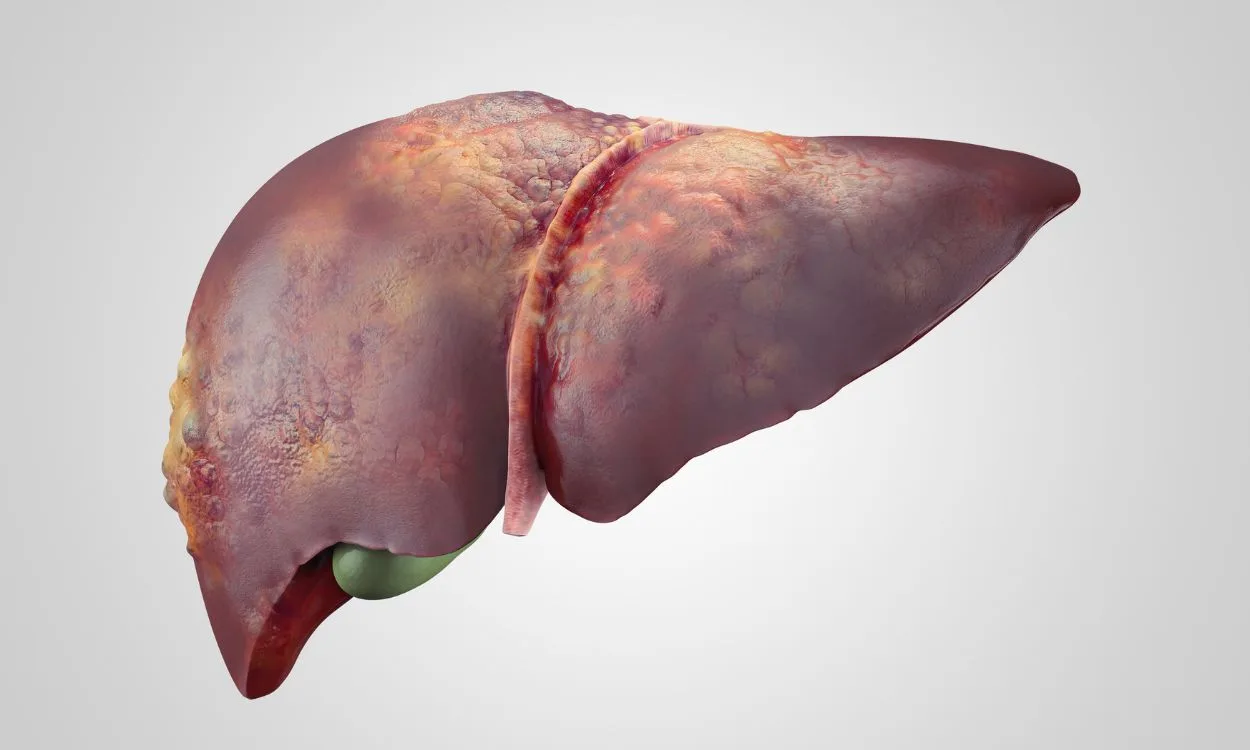What is Non-Alcoholic Fatty Liver Disease?
Non-alcoholic fatty liver disease (NAFLD) is a condition characterized by the accumulation of fat in the liver, leading to inflammation and damage. Unlike alcoholic liver disease, NAFLD occurs in people who do not consume excessive amounts of alcohol. It is becoming increasingly prevalent in India and has become a significant public health concern.
Causes and Risk Factors
NAFLD is closely associated with lifestyle factors and certain medical conditions. The exact cause is not fully understood, but the following factors contribute to its development:
- Obesity: Being overweight or obese is the most common risk factor for NAFLD. Excess body fat, especially around the waist, increases the likelihood of developing the condition.
- Insulin Resistance: Insulin resistance, a condition in which the body’s cells do not respond properly to insulin, is strongly linked to NAFLD. This often occurs in individuals with obesity and type 2 diabetes.
- Unhealthy Diet: A diet high in saturated fats, refined carbohydrates, and added sugars can promote liver fat accumulation and increase the risk of NAFLD.
- Lack of Physical Activity: Sedentary behavior and a lack of regular exercise contribute to weight gain and insulin resistance, increasing the risk of NAFLD.
- Metabolic Syndrome: NAFLD is frequently associated with metabolic syndrome, a cluster of conditions that include high blood pressure, high blood sugar, abnormal cholesterol levels, and excess abdominal fat.
- Genetics: Certain genetic factors may predispose individuals to developing NAFLD, although lifestyle factors still play a significant role.
Types of NAFLD
There are two main types of NAFLD:
- Non-Alcoholic Fatty Liver (NAFL): This is the milder form of NAFLD, characterized by the accumulation of fat in the liver without significant inflammation or liver cell damage. NAFL is usually benign and may not progress to more severe liver disease.
- Non-Alcoholic Steatohepatitis (NASH): NASH is a more severe form of NAFLD, characterized by inflammation and liver cell damage in addition to fat accumulation. NASH can progress to more advanced liver disease, such as fibrosis, cirrhosis, and even liver cancer.
Signs and Symptoms
NAFLD often presents without any noticeable symptoms, especially in the early stages. However, as the disease progresses, some individuals may experience:
- Fatigue
- Abdominal discomfort or pain
- Enlarged liver
- Jaundice (yellowing of the skin and eyes)
- Swelling in the legs and abdomen
Diagnosis and Treatment
NAFLD is typically diagnosed through a combination of medical history, physical examination, blood tests, imaging studies (such as ultrasound or magnetic resonance imaging), and sometimes a liver biopsy. It is crucial to differentiate between NAFL and NASH to determine the appropriate treatment plan.
Treatment for NAFLD focuses on lifestyle modifications and managing underlying conditions. The following strategies may be recommended:
- Weight Loss: Losing weight through a combination of a healthy diet and regular exercise is the primary treatment approach for NAFLD. Even a modest weight loss of 5-10% can significantly reduce liver fat and improve liver function.
- Healthy Diet: A balanced diet that includes plenty of fruits, vegetables, whole grains, lean proteins, and healthy fats is recommended. Avoiding sugary beverages, processed foods, and saturated fats is crucial.
- Physical Activity: Engaging in regular physical activity helps improve insulin sensitivity, promote weight loss, and reduce liver fat. Aim for at least 150 minutes of moderate-intensity aerobic activity per week, along with strength training exercises.
- Management of Underlying Conditions: If you have conditions such as obesity, diabetes, high cholesterol, or high blood pressure, it is important to manage them effectively to reduce the risk of NAFLD progression.
- Avoidance of Alcohol: Even though NAFLD is unrelated to alcohol consumption, individuals with NAFLD should limit or abstain from drinking alcohol as it can exacerbate liver damage.
Fitpaa: Your Partner in Health and Fitness
While NAFLD can be managed through lifestyle modifications, maintaining motivation and following a personalized plan can be challenging. This is where Fitpaa comes in. Fitpaa is an AI-driven health and fitness app that provides personalized guidance, support, and resources to help you achieve your health and fitness goals.
With Fitpaa, you get access to a team of experts including fitness coaches, nutritionists, and doctors who will work with you to develop a personalized Fitpaa Capsule. This capsule combines medical therapy, exercise therapy, nutrition therapy, and behavioral therapy to optimize your metabolism and support your liver health.
Fitpaa’s app features a comprehensive set of tools to help you follow your Fitpaa Capsule with ease. From workout trainers and diet trackers to real-time guidance and progress tracking, the app makes it convenient to stay on track and achieve your goals. Fitpaa’s commitment to your well-being and guaranteed results sets it apart as a trusted partner in your health journey.
To experience the benefits of Fitpaa and transform your health and fitness, download the Fitpaa app today. Your journey towards a healthier liver and a better life starts here.









